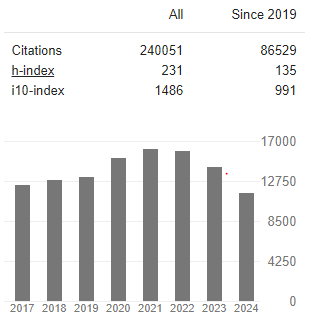To Control the Morbidity and Mortality Rate of Breast Cancer Through Increasing Knowledge Capacity
Abstract
Ian Nsabwa Ssebuufu
Breast cancer in women is a major health burden both in developed and developing countries. It is the second leading cause of death in women worldwide as well as in Uganda. Recent global cancer statistics shows that global incidence is rising at a faster rate especially in developing countries like Uganda. But still breast cancer is not on the top of the priority list for the policy makers, donors and health professionals. But the prevailing situation can be more devastated if early attention is not given. Breast cancer, the third most frequent cancer of women is preventable through knowledge on breast self-examination. Of the 44% of women diagnosed with breast cancer at the Uganda Cancer Institute, only 22% go for check-up in less than three months. This study explored the effect of breast cancer knowledge on the uptake of breast cancer prevention modalities among women in Kampala region. To concentrate on this fast growing health problem will need to know the overall situation concerning incidence, prevalence, risk group, diagnostic and treatment status survival and mortality rate first to make a comprehensive policy to cope with breast cancer situation in Uganda. To evaluate the knowledge and practices about breast cancer among women, this present study was conducted. Knowledge about sign, symptoms, diagnosis and treatment is quite not good among the women. 21% women have knowledge about performing breast self-exam and 17% have heard about mammography. However, to controlling the morbidity and mortality rate of breast cancer we should increase the level of knowledge and we should take some steps to spread the knowledge and awareness about breast cancer.
Methods: A household survey of women in Kampala region was conducted during June, 2016 to August, 2017. This involved studying in-depth using a questionnaire the level of breast cancer knowledge of the respondents. Data was analyzed using logistic regression model. Chi-square test was used to establish relationships between knowledge base factors and the uptake of breast cancer prevention modalities.
Conclusion: The women’s level of breast cancer awareness as a primary prevention strategy was found wanting, and requires a boost through community health education. Breast cancer is the top cancer in women worldwide and is increasing particularly in developing countries where the majority of cases are diagnosed in late stages.



